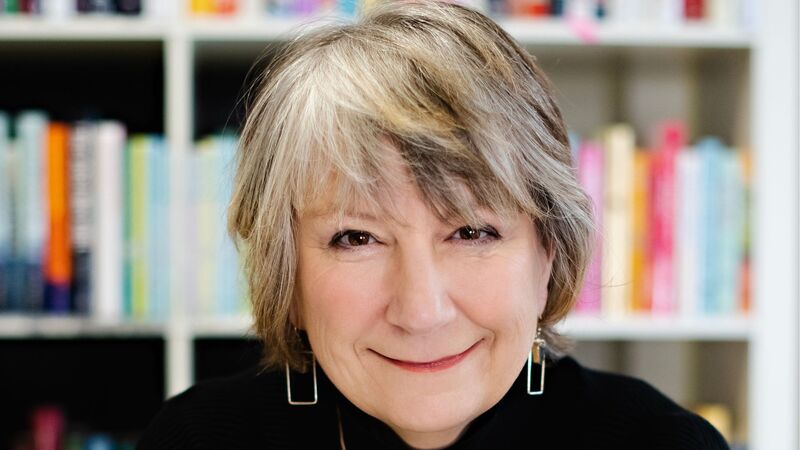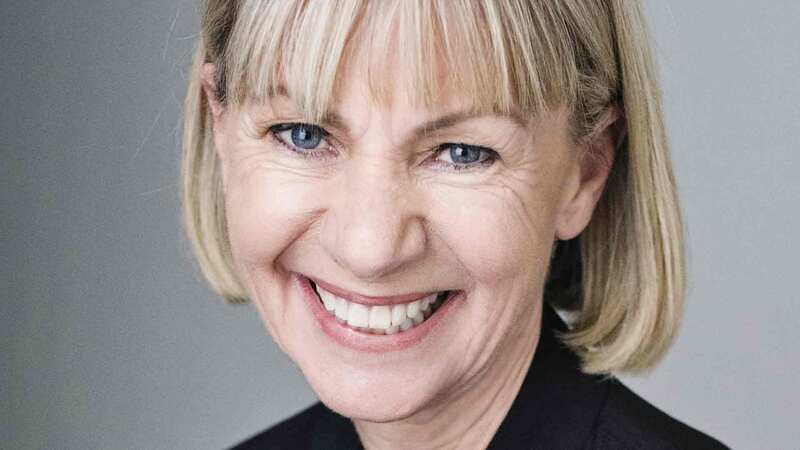You are viewing your 1 free article this month. Login to read more articles.
Dorries challenges publishers to increase accessibility for underprivileged
Nadine Dorries has challenged publishers to do more to support libraries and open up access to the industry for those from underprivileged backgrounds.
In a recorded interview for the IPG's Autumn Conference with her former publisher and IPG chair Amanda Ridout, the author and Secretary of State for Digital, Culture Media & Sport said she was "incredibly proud" of British publishing, but urged companies to do more to increase accessibility.
Dorries said: "Publishers take note — I want to see more kids and more people from underprivileged backgrounds feeling able to be published, to be given the confidence, to understand and to know that there will be someone who will read it, and if it's good enough, someone will publish it. It's to the shame of the world that it is difficult for these people to get through."
Citing government research but without providing further details, Dorries claimed 59% of people who work in publishing come from "privileged backgrounds" and that "the gender pay gap is the widest in publishing". The figure was taken from research published by the Creative Industries Policy and Evidence Centre (PEC) led by Nesta and co-commissioned by DCMS.
"[Publishers] need to open publishing up," she said. "If someone can write they can write. We need people working in publishing who are more willing to look at people like them who write, so they're more willing to accept people like them and read manuscripts."
As COP26 continues this week, Dorries said now is a "watershed moment" for all industries. "None of us can put our head in the sand over this," she said, adding that publishers should address what they do within their offices in terms of sustainability. Assessing the need for plastic water coolers is as important as the books being produced, she claimed.
Suggesting that publishers should do more to support public services, she said: "I'm passionate about libraries, I spent half my childhood in the library. I'd like publishers to look at how to make e-books more affordable — I know it's an expensive service for libraries to provide."















